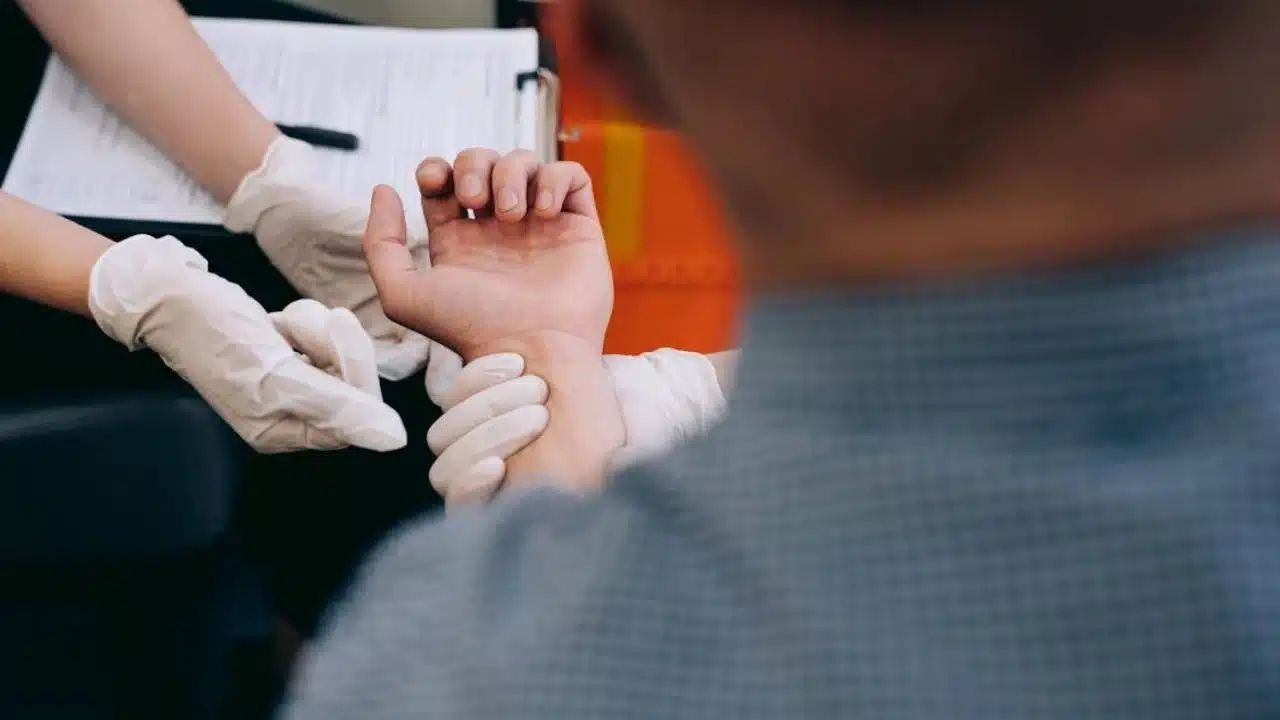Injuries, whether big or small, can significantly impact our daily lives, leaving us frustrated and in pain. However, the path to recovery doesn’t end with just getting medical treatment. Staying healthy after an injury requires ongoing attention, care, and a proactive approach to prevent complications. The good news is that with the right strategies, you can speed up healing, avoid setbacks, and regain your strength with confidence.
In this blog post, we’ll explore six practical ways to help you prevent complications after an injury and keep your body in top shape during recovery. From managing stress to incorporating proper nutrition, these tips are designed to empower you to take control of your recovery journey and pave the way for a healthier, injury-free future. Let’s get started.
Follow a Structured Rehabilitation Plan
Rehabilitation is crucial after an injury to ensure that the affected area heals correctly and that you regain full mobility. A structured rehabilitation plan, designed by a medical professional, will include a series of exercises and therapies that gradually increase in intensity.
This approach helps rebuild strength, flexibility, and coordination, while also preventing further damage to the injury site. Skipping or rushing through rehabilitation can lead to setbacks and long-term complications. Consistency is key, so adhere to your plan and consult with your healthcare provider regularly to make any necessary adjustments for optimal recovery.
Seek Professional Help If You Suspect Legal Complications
In some cases, an injury may lead to financial or legal challenges, especially if it was caused by another party’s negligence. If you’re struggling with medical bills, lost wages, or ongoing treatment costs, it might be time to consult with a legal expert. For instance, a Catastrophic Injury Lawyer will help you navigate the legal aspects of your case. This ensures that you receive the compensation you’re entitled to.
Legal professionals can also assist with claims and help reduce the stress of dealing with insurance companies, allowing you to focus on your recovery. Seeking legal help can ensure that your rights are protected during this challenging time.
Maintain a Nutritious Diet
A healthy diet plays an essential role in recovering from an injury. Nutrient-rich foods like lean proteins, fruits, vegetables, and whole grains provide the necessary vitamins and minerals your body needs for tissue repair and inflammation reduction. Protein is especially important for rebuilding muscles and repairing damaged tissues. Omega-3 fatty acids, found in foods like fish and flaxseeds, can help reduce inflammation and promote healing.
Staying hydrated is equally important, as it helps flush out toxins and supports the body’s natural healing processes. A well-balanced diet can also strengthen your immune system, allowing your body to recover more effectively.
Avoid Overexertion and Rest Adequately
While it’s important to stay active and follow rehabilitation exercises, rest is equally essential for a full recovery. Overexerting yourself too soon can cause further damage and slow the healing process. Listen to your body and take breaks when needed. If you’re feeling fatigued or experiencing discomfort, it’s a sign that your body may need additional rest.
Sufficient sleep is also crucial, as it allows the body to repair and regenerate cells. Aim for 7-9 hours of restful sleep each night to maximize recovery. Prioritizing rest ensures that your body has the energy to heal properly without complications.
Monitor and Manage Pain
Pain management is an important aspect of recovery. While mild discomfort can be a normal part of the healing process, excessive or persistent pain can indicate complications. Over-the-counter medications or prescribed painkillers can help manage discomfort, but be cautious not to rely on them for extended periods, as they may mask underlying issues.
Implementing non-invasive pain management strategies, such as cold or heat therapy, can also be effective. Additionally, maintaining a balance between rest and activity helps prevent pain from worsening. If pain persists or worsens, seek medical advice to ensure that your injury is healing as expected without causing long-term problems.
Stay Positive and Mental Health-Driven During Recovery
Recovering from an injury can take a significant toll on your mental health, especially if it affects your ability to work or engage in activities you love. Staying positive and mentally engaged can help you cope with frustration and anxiety during the recovery process. Techniques such as mindfulness, meditation, and talking to a counselor can provide emotional support and reduce stress.
Surrounding yourself with a supportive network of family and friends also makes a difference in maintaining a positive outlook. A strong mental attitude has been shown to accelerate physical recovery, so it’s essential to focus on both your mind and body as you heal.
Recovering from an injury requires more than just medical treatment—it demands a holistic approach to ensure proper healing and avoid complications. By following a structured rehabilitation plan, maintaining a nutritious diet, resting adequately, managing pain, seeking legal assistance when needed, and staying mentally positive, you can improve your chances of a successful recovery. Each step you take contributes to regaining strength and preventing long-term issues. Stay proactive in your recovery, listen to your body, and seek professional help when necessary to ensure you emerge from your injury healthier and more resilient than before.





































